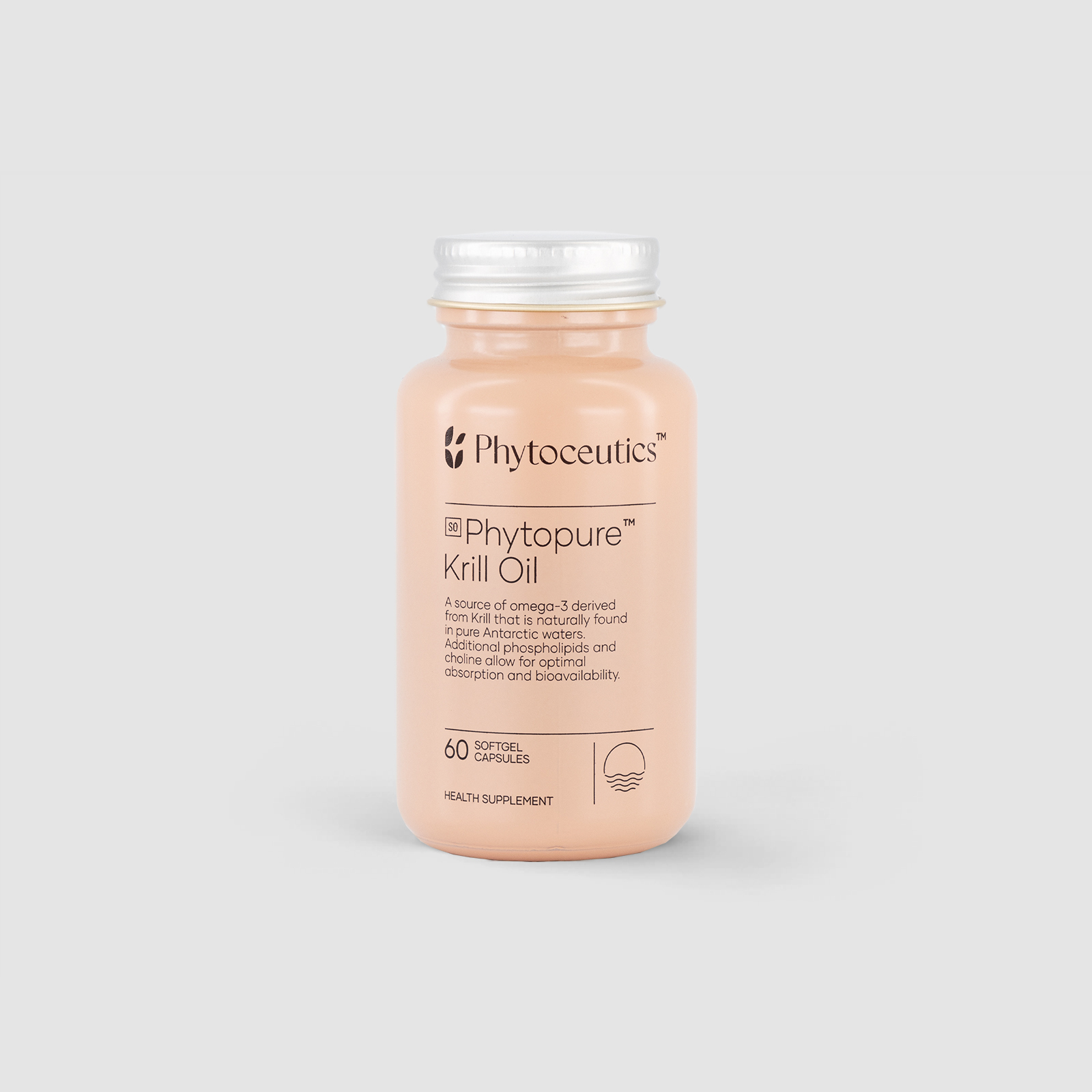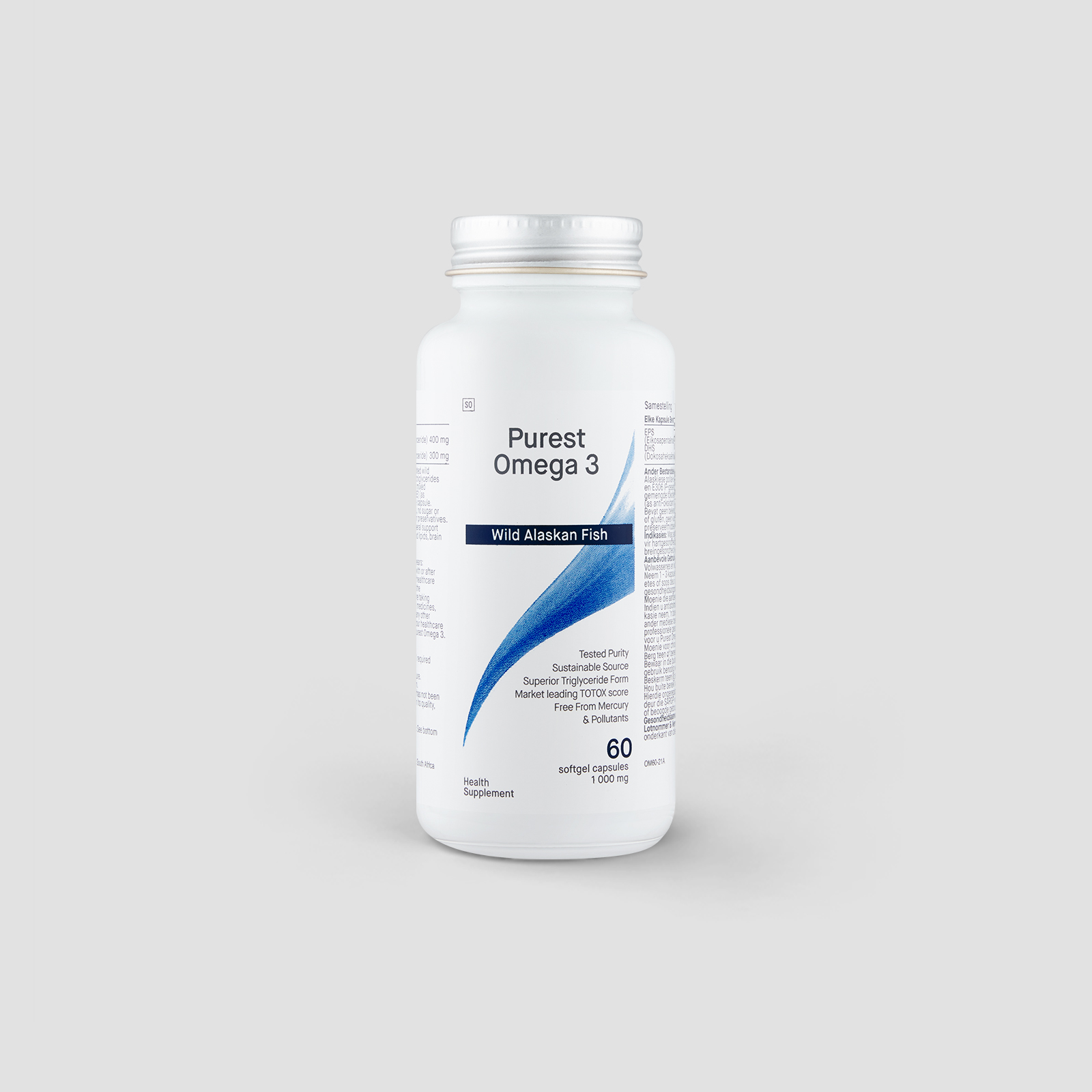Fish oils have dominated this space, however, a newcomer has emerged on the scene: krill oil. While both supplements provide essential fatty acids crucial for overall well-being, they each boast unique characteristics and benefits. To determine which supplement is most suitable for you, it’s essential to consider each one individually.
What is Omega-3 Oil?
Omega-3 oil is typically derived from fish such as salmon, tuna, or mackerel, and is rich in two essential fatty acids: EPA (eicosapentaenoic acid) and DHA (docosahexaenoic acid). These fatty acids play integral roles in brain health, heart health, and in reducing inflammation in the body. Omega-3 oil has received its high rank in the nutritional supplement hierarchy due to its multiple health benefits.
Research studies have shown that Omega-3 can improve heart health, as the fatty acids can help lower triglycerides, reduce blood pressure, and decrease the risk of heart disease. Omega-3 oil also plays a crucial role in maintaining brain function, as DHA is an essential component in brain development and cognitive function, and is often recommended to pregnant women to support foetal brain development.
What is Krill Oil?
Krill oil is somewhat unique as it is not derived from fish, but from Antarctic crustaceans called krill. Like fish oil, krill oil also contains EPA and DHA. Krill oil offers a range of health benefits including joint, brain, and heart health. Krill oil contains astaxanthin, a powerful antioxidant, and choline, a nutrient responsible for regulating memory, muscle control, and mood. Due to the astaxanthin content, krill oil protects cells in the body from damage that may be caused by free radicals.
This can also assist in joint health; studies have shown that krill oil is also effective in reducing inflammation and pain associated with conditions like arthritis. Another factor that makes krill oil unique is its bioavailability. Krill oil contains phospholipids, molecules derived from fatty acids, that promote maximum absorption in the body; this means that the body can absorb more of the nutrients and utilise them more effectively.
Which Has Better Bioavailability?
It has been found that krill oil has superior absorption properties in comparison to fish oil due to its phospholipid structure, which may make it more easily absorbed by the body.
In terms of heart health, both krill oil and fish oil are thought to have similar effects, however, fish oil has been tied to a lower risk of stroke and cardiovascular disease in high-risk individuals.
Are Omega-3 Oils Sustainable?
In terms of environmental friendliness, krill oil is considered a sustainable option in comparison to other fish oils, as krill is one of the most abundant species on the planet. This in turn reduces the risk of overfishing.
Do Both Have the Fishy Aftertaste?
When it comes to the fishy aftertaste of some fish oil supplements, it has been found that krill oil supplements have a milder taste and reduced fishy aftertaste in comparison. This can make krill oil more palatable for those who are sensitive to the taste or smell of fish.
Conclusion
When it comes to choosing between fish oil and krill oil, both offer valuable health benefits. Ultimately, the best choice will depend on your individual preferences, health goals, and budget. If you are looking for a fish oil supplement, you can try Coyne Purest Omega 3, which is derived from sustainably caught Alaskan pollock, and boasts a leading TOTOX score which measures oxidation levels and rancidity. If you are looking to try krill oil, you can opt for the Phytopure® Krill Oil, which uses SuperbaKrill® technology, responsible for the purification and concentration of the final product, and contains a pleasant vanilla taste and smell.
No matter your choice, we recommend consulting your healthcare professional to determine what the most suitable supplement would be for you and your unique health concerns.




